Why the estate is still a great company-car choice (sponsored)
SUVs might be flavour of the month, but company car buyers shouldn’t overlook the practical and stylish estate car
A free daily email with the biggest news stories of the day – and the best features from TheWeek.com
You are now subscribed
Your newsletter sign-up was successful
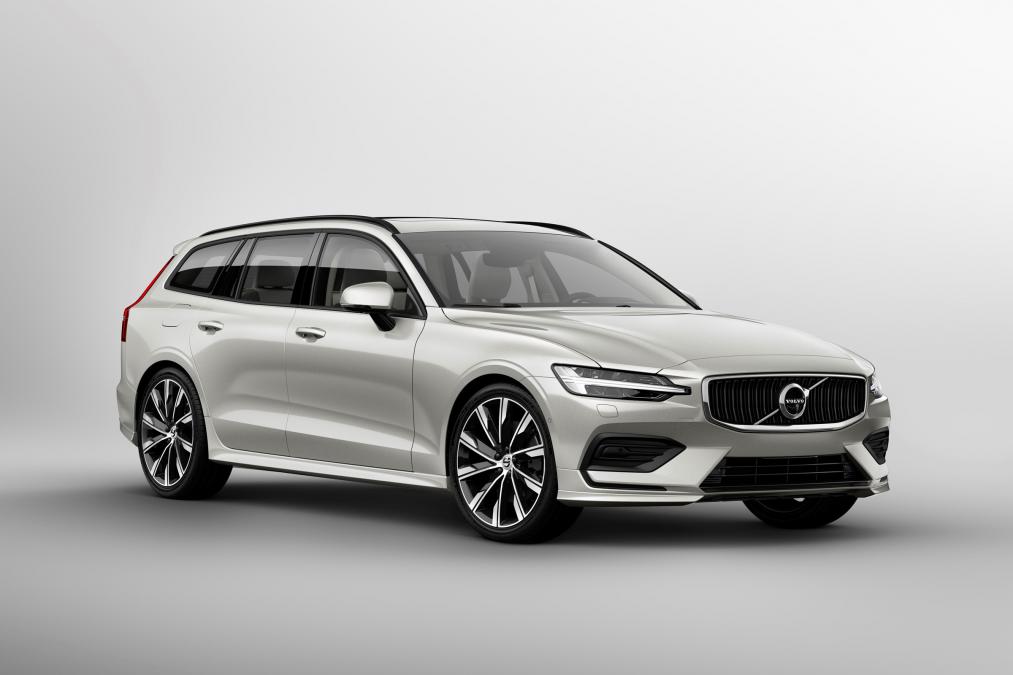
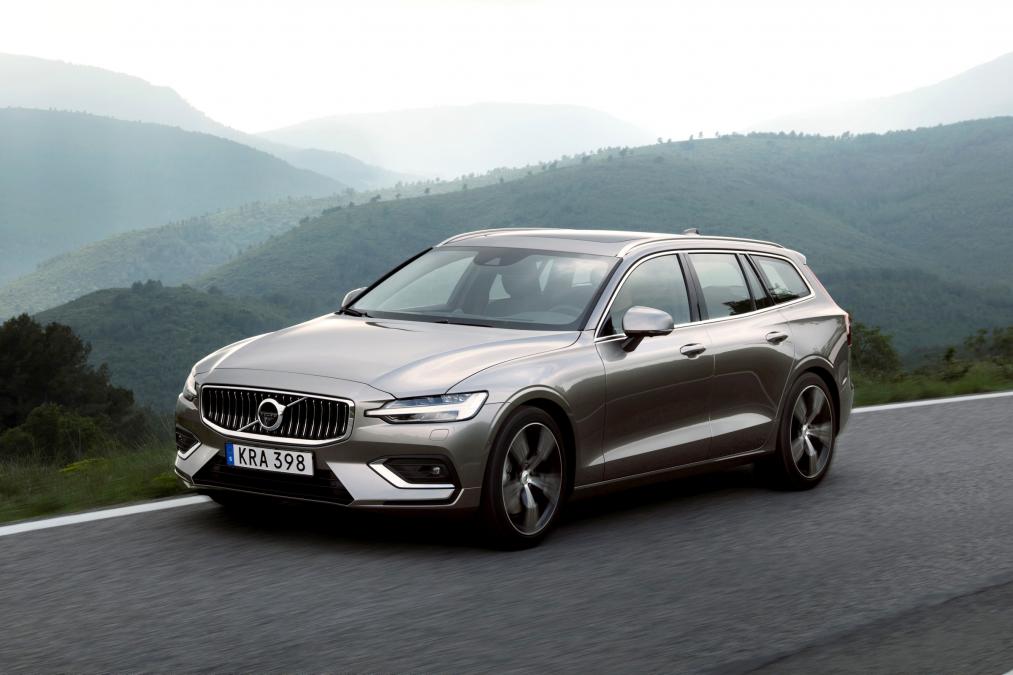
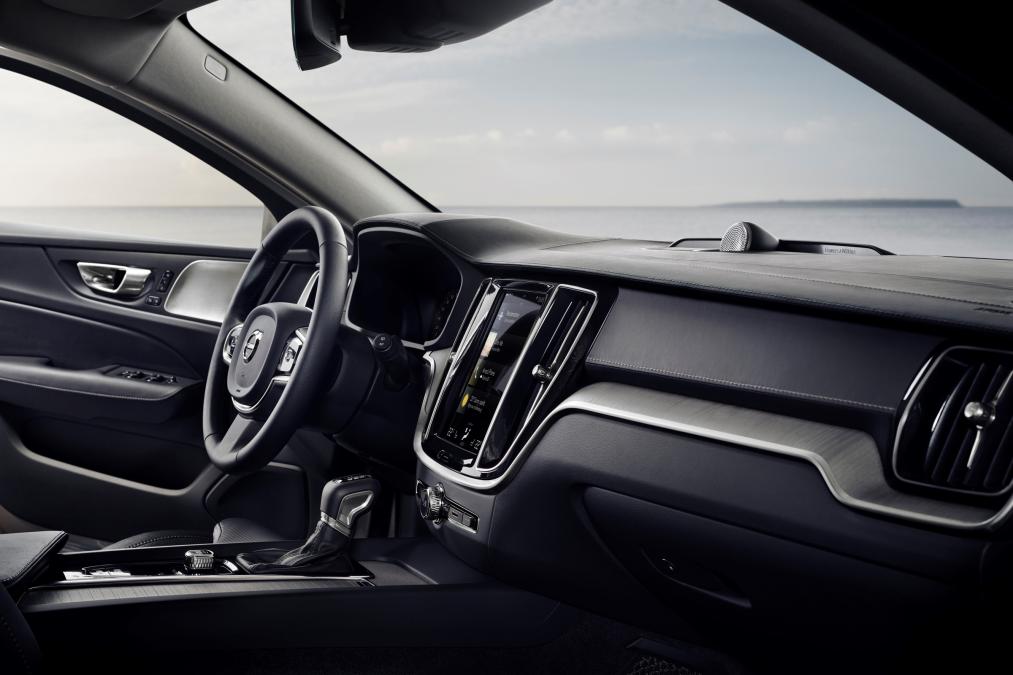
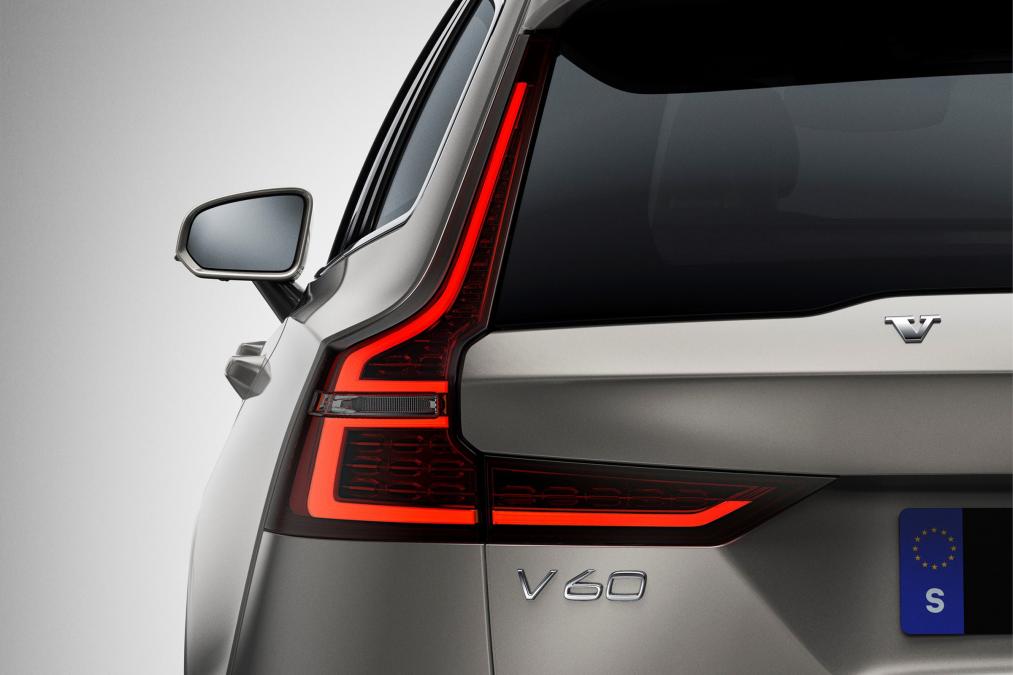
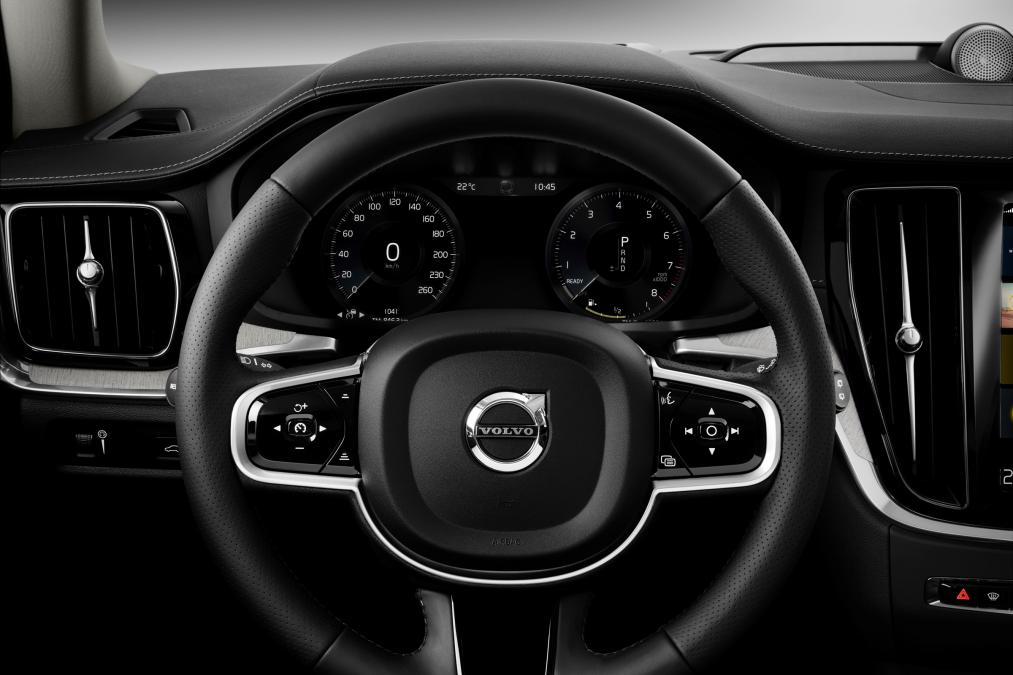
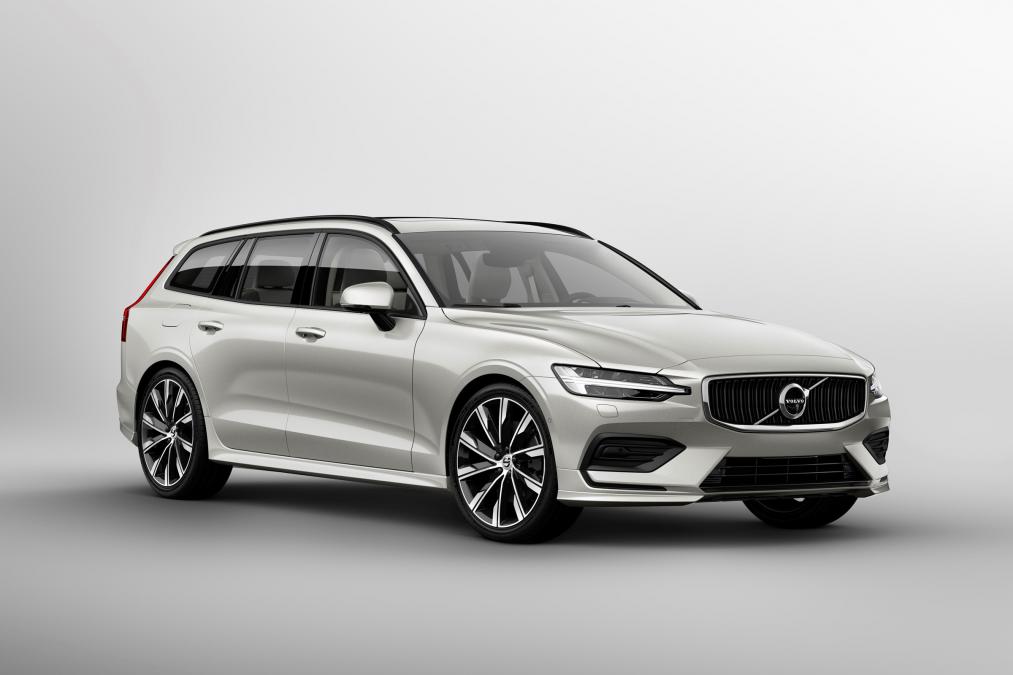
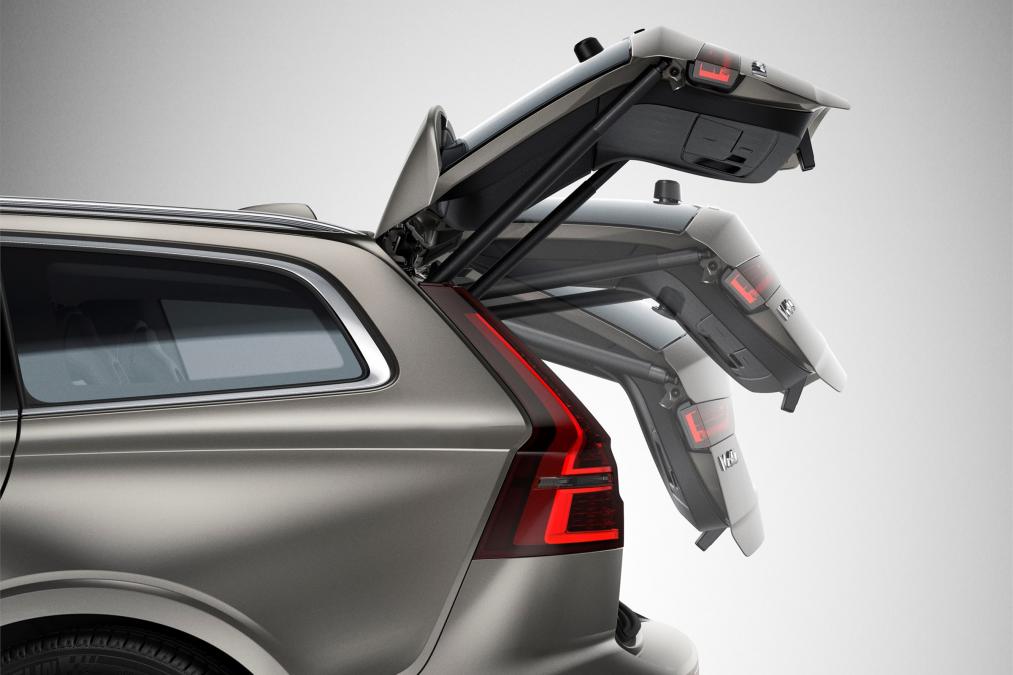
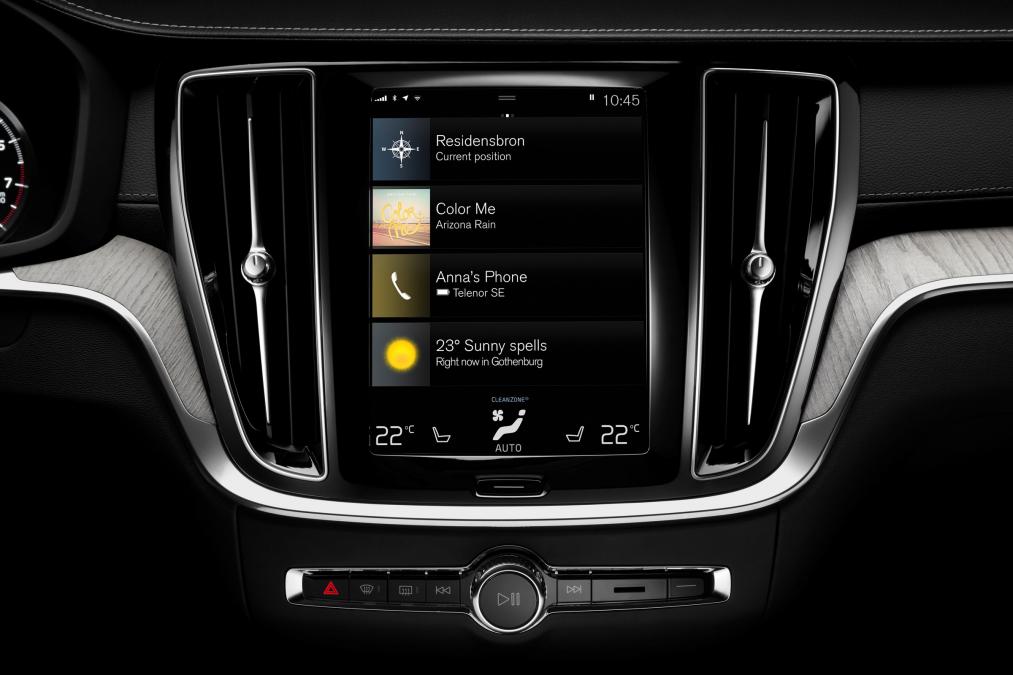
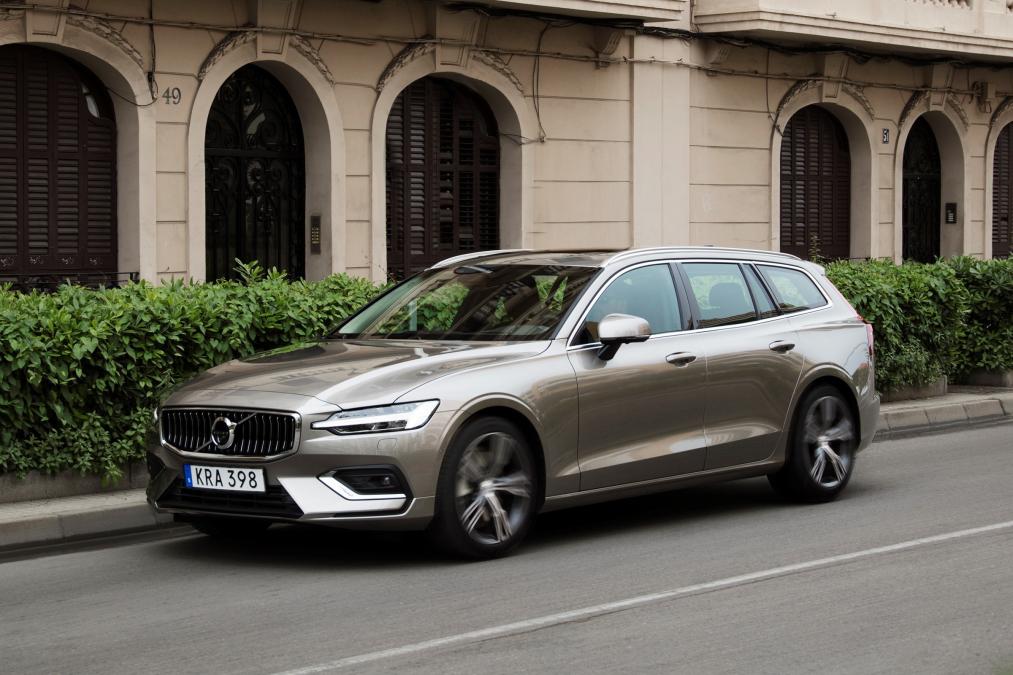
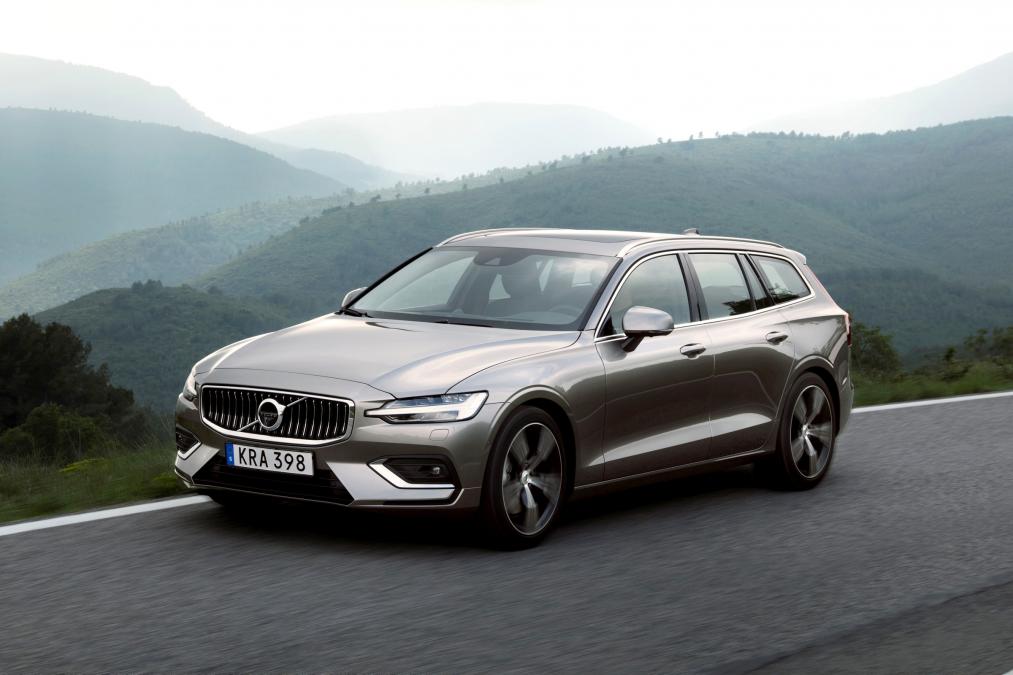
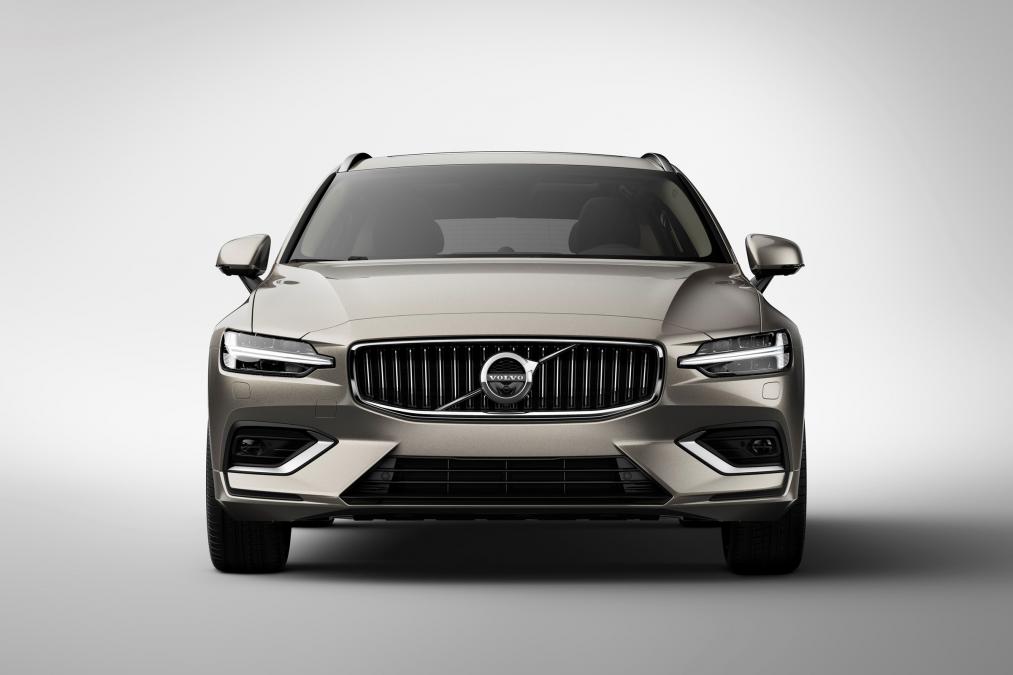
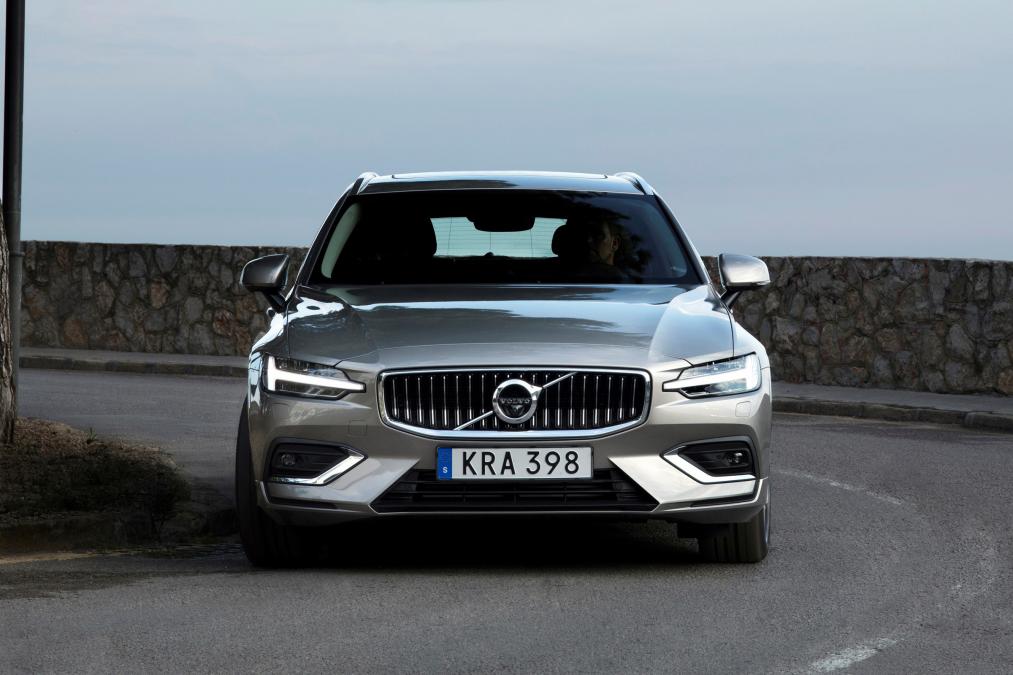
The rise and rise of SUVs has taken over the car market in recent years. But there are the early signs that the purity and focus of ‘conventional’ body styles is starting to win back some customers - not least for estate cars.
There are a number of reasons behind this. The first and most obvious one is that if you’re after genuine real-world practicality, you can’t beat an estate. These cars exist for real-world usage, and that translates into the best loadbays that you can buy.
That doesn’t just mean overall capacity, either; estates are generally packed with neat touches, such as easy-to-reach handles to lower the rear seats, tie-down hooks and floor dividers and, on some cars, a folding front passenger seat that allows the really long loads.
The Week
Escape your echo chamber. Get the facts behind the news, plus analysis from multiple perspectives.

Sign up for The Week's Free Newsletters
From our morning news briefing to a weekly Good News Newsletter, get the best of The Week delivered directly to your inbox.
From our morning news briefing to a weekly Good News Newsletter, get the best of The Week delivered directly to your inbox.
The inherent shape of the estate car means a better shape of load area than you’d get in, say, a saloon car - and most manufacturers focus hard on delivering flat floors in estates that make it easy to slide in bulky items. Getting heavy loads into an estate is often more straightforward anyway, because the floor is generally no further off the ground than it would be in a conventional hatch or saloon car.

Fleet buyers and user-choosers are often among the most rational of customers, with a keen eye for everyday usability, practicality, comfort and running costs. And these priorities have persuaded many of them to consider estates.
For fleet customers, there can be appealing cost savings. Estates generally have the same frontal area as a saloon, so they don’t take much of a hit on aerodynamic drag. They’re usually only slightly heavier, too, so there’s not much of an increase in fuel consumption or CO2 emissions - key factors when it comes to VED and benefit-in-kind tax for company car choosers. Many diesel-engined family wagons crack the 120g/km mark on official CO2 emissions and manage close to 60mpg in the real world - backing up the tax savings with everyday frugality.

The design of estate cars has moved on greatly too; in fact, in many cases they’re created at least alongside the saloon or hatchback version of the same car, so the side profile is taken into account from the start. This means there’s no real need to forego image or prestige to get the added practicality of an estate.
A free daily email with the biggest news stories of the day – and the best features from TheWeek.com
Volvo’s V60, for example, includes plenty of the styling cues from its SUV stablemate, the XC60. And across many manufacturers, you don’t have to miss out on in-car technology. You get the same infotainment, the same safety assistance features and the same engines and gearboxes.
From the smallest estates - in effect, slightly more practical versions of family cars, such as the Ford Focus Estate and VW Golf Estate - to more premium ‘executive wagons’ like the Volvo V60 and V90, BMW 3 and 5 Series Touring and Mercedes C and E-Class Estates, there are capacities, sizes, models to suit everyone. Small wonder that while SUVs remain a strong ‘statement’, estates are retaining real appeal too because in many ways, they say just as much about a genuine need to support an active lifestyle.
-
 The environmental cost of GLP-1s
The environmental cost of GLP-1sThe explainer Producing the drugs is a dirty process
-
 Greenland’s capital becomes ground zero for the country’s diplomatic straits
Greenland’s capital becomes ground zero for the country’s diplomatic straitsIN THE SPOTLIGHT A flurry of new consular activity in Nuuk shows how important Greenland has become to Europeans’ anxiety about American imperialism
-
 ‘This is something that happens all too often’
‘This is something that happens all too often’Instant Opinion Opinion, comment and editorials of the day
-
 Volvo V90 T6 Recharge Ultimate review: what the car critics say
Volvo V90 T6 Recharge Ultimate review: what the car critics sayThe Week Recommends The new incarnation of the Volvo V90 is ‘an exercise in quality and taste’
-
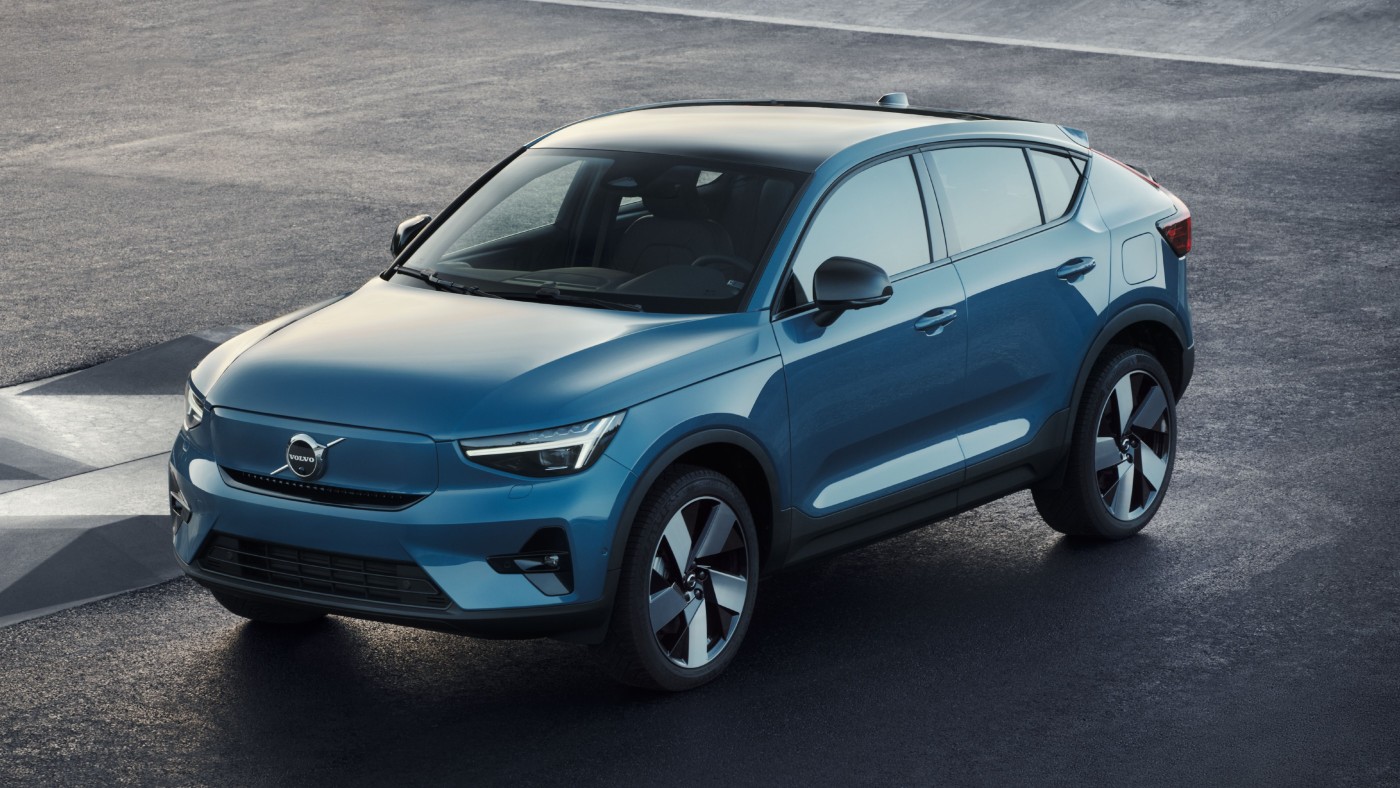 Volvo C40 Recharge review: what the car critics say
Volvo C40 Recharge review: what the car critics sayfeature Volvo’s first pure electric-only car is comfortable to drive and has lots of safety features
-
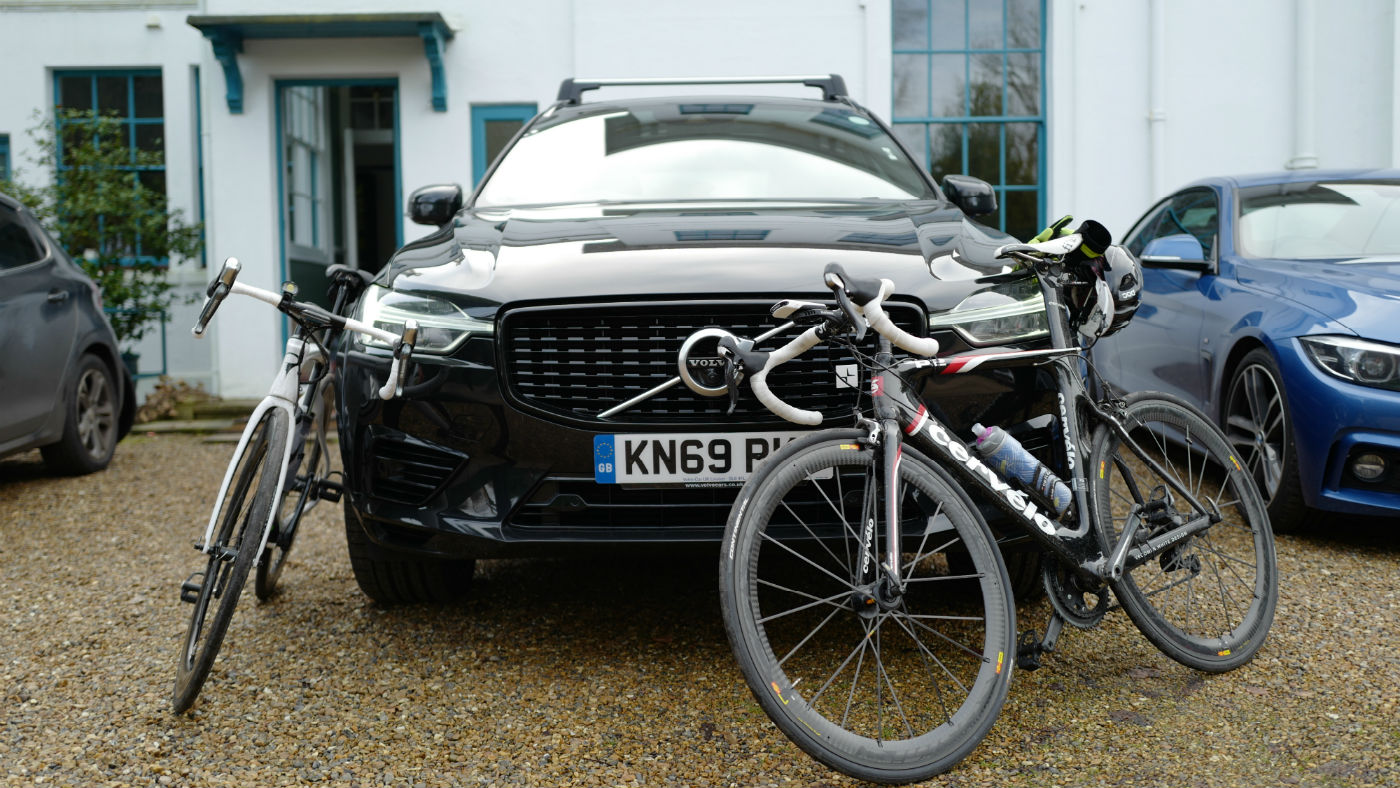 Volvo XC60 T8 Polestar Engineered review: a midsize SUV sprinkled with stardust
Volvo XC60 T8 Polestar Engineered review: a midsize SUV sprinkled with stardustThe Week Recommends This versatile car ticks all the boxes for family and city living
-
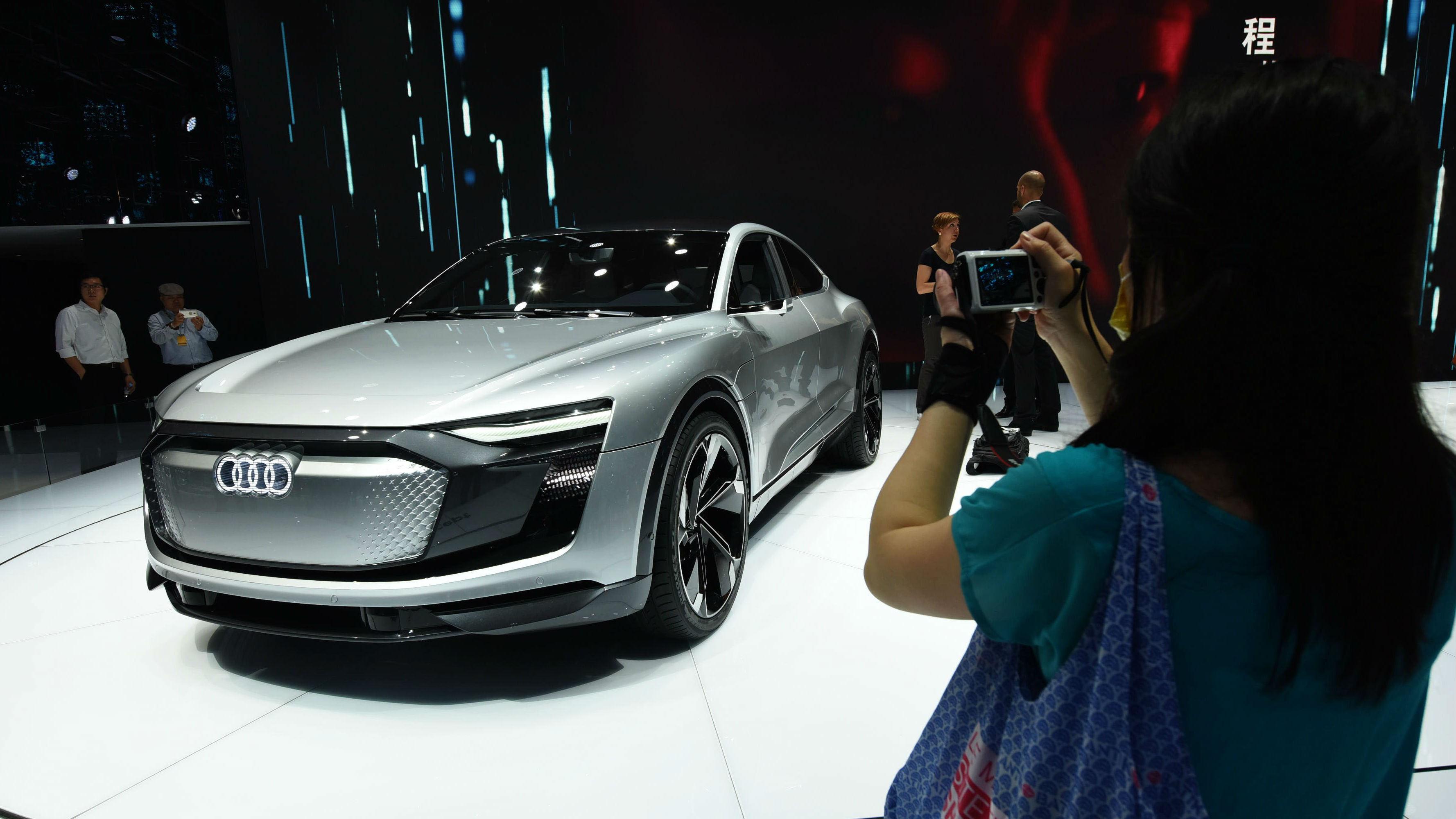 Best electric cars on sale in 2020: Tesla Roadster, BMW iX3, Honda e and more
Best electric cars on sale in 2020: Tesla Roadster, BMW iX3, Honda e and moreSpeed Read A look at the top EVs on the market - and what’s coming up this year
-
 Uber was warned of driverless car dangers before fatal crash
Uber was warned of driverless car dangers before fatal crashSpeed Read Former manager claimed the self-driving vehicles were ‘hitting things nearly every 15,000 miles’
-
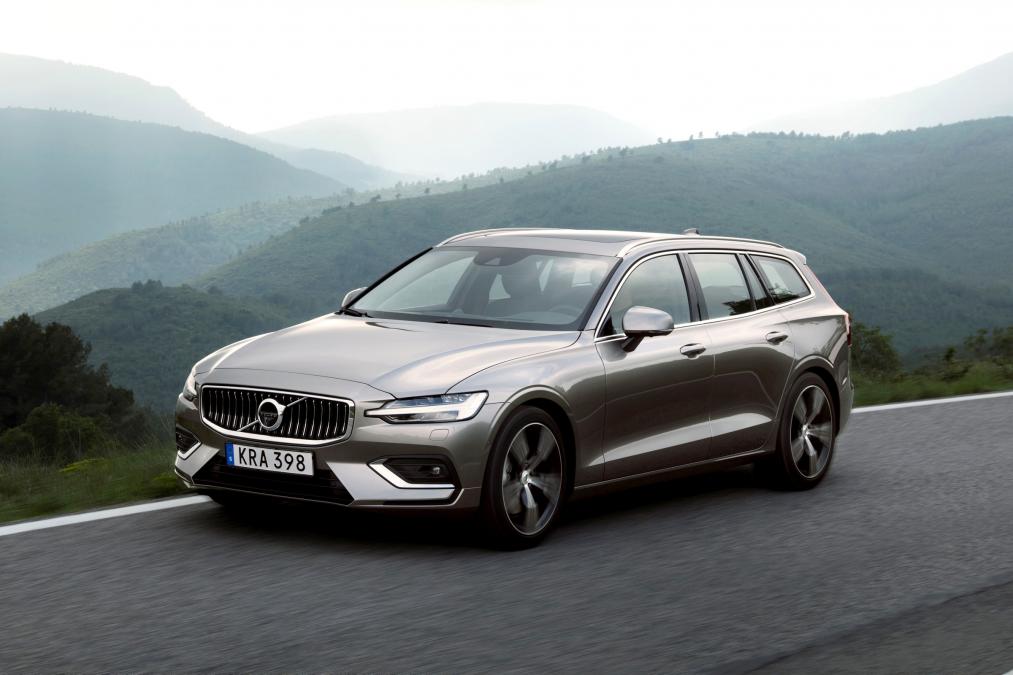 The new Volvo V60: the perfect company car choice (sponsored)
The new Volvo V60: the perfect company car choice (sponsored)In Depth With style, space and low-running costs, the Volvo V60 deserves to be on the shortlist of any company-car chooser
-
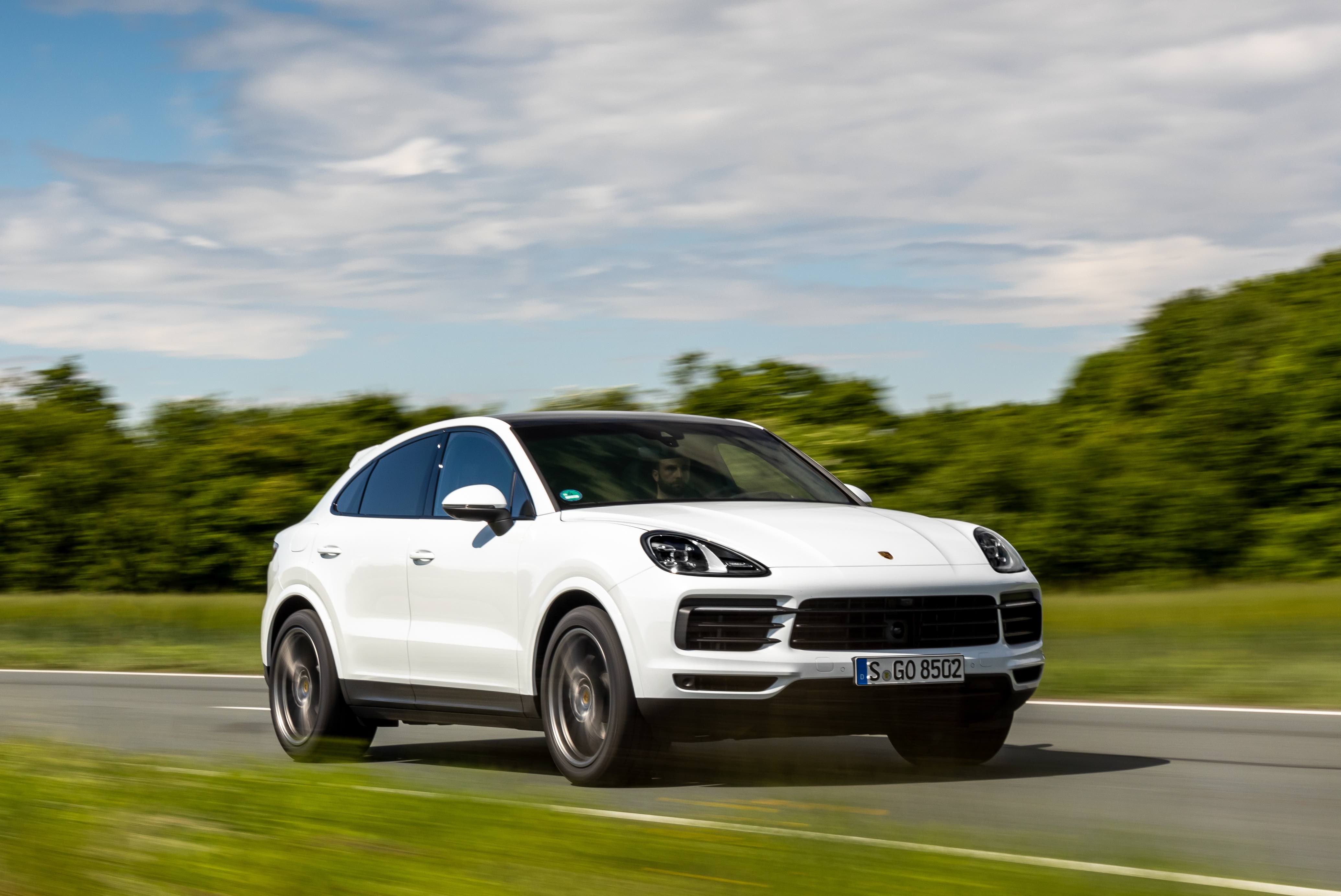 Best SUVs on sale in 2019: Porsche Cayenne Coupe, Range Rover Evoque and more
Best SUVs on sale in 2019: Porsche Cayenne Coupe, Range Rover Evoque and moreIn Depth From budget cars to supercar-inspired off-roaders, here are the best crossovers on sale today
-
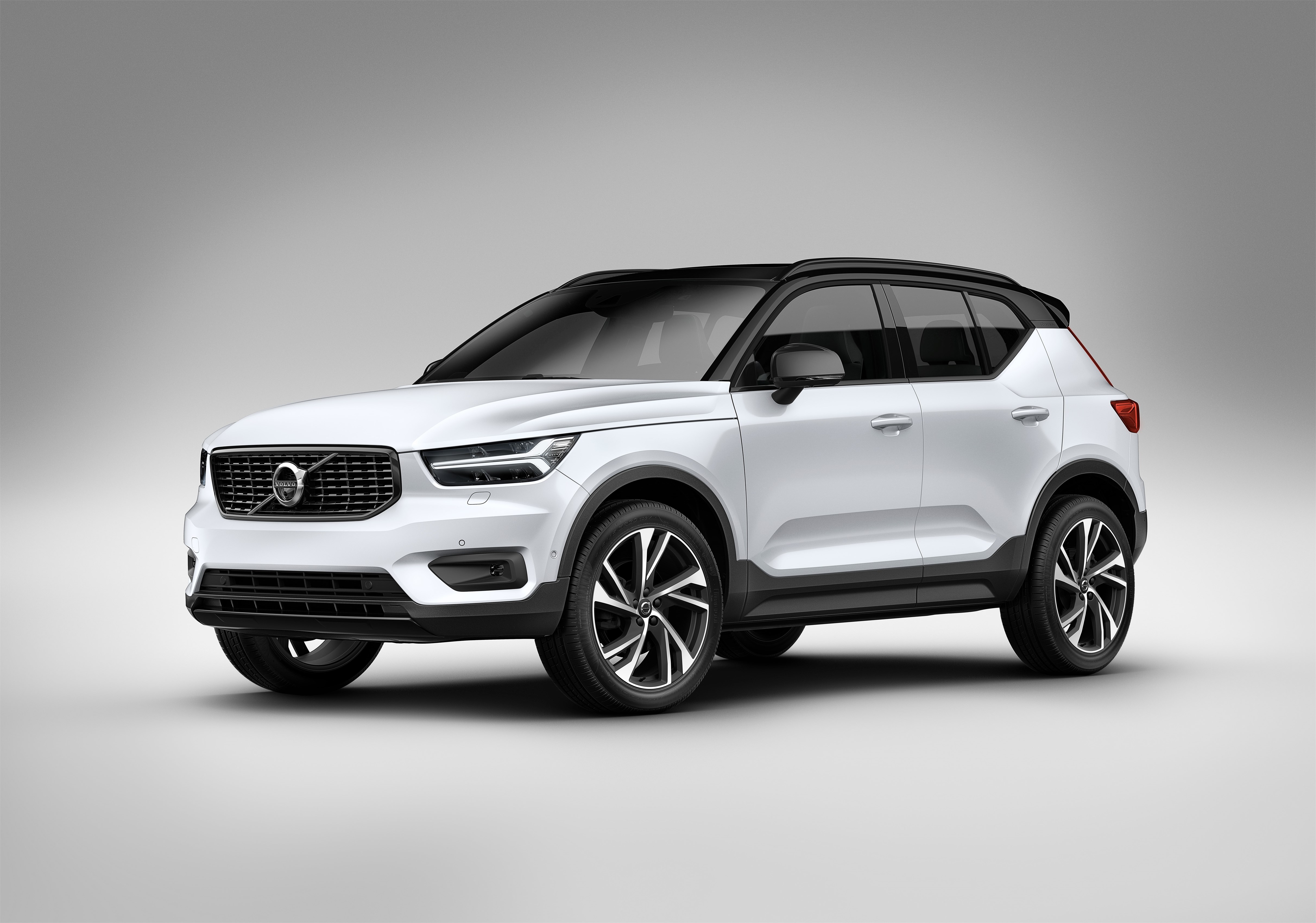 Volvo unveils XC40 to rival Jaguar’s E-Pace SUV
Volvo unveils XC40 to rival Jaguar’s E-Pace SUVIn Depth Sharp styling and a cabin packed with tech for the new compact crossover